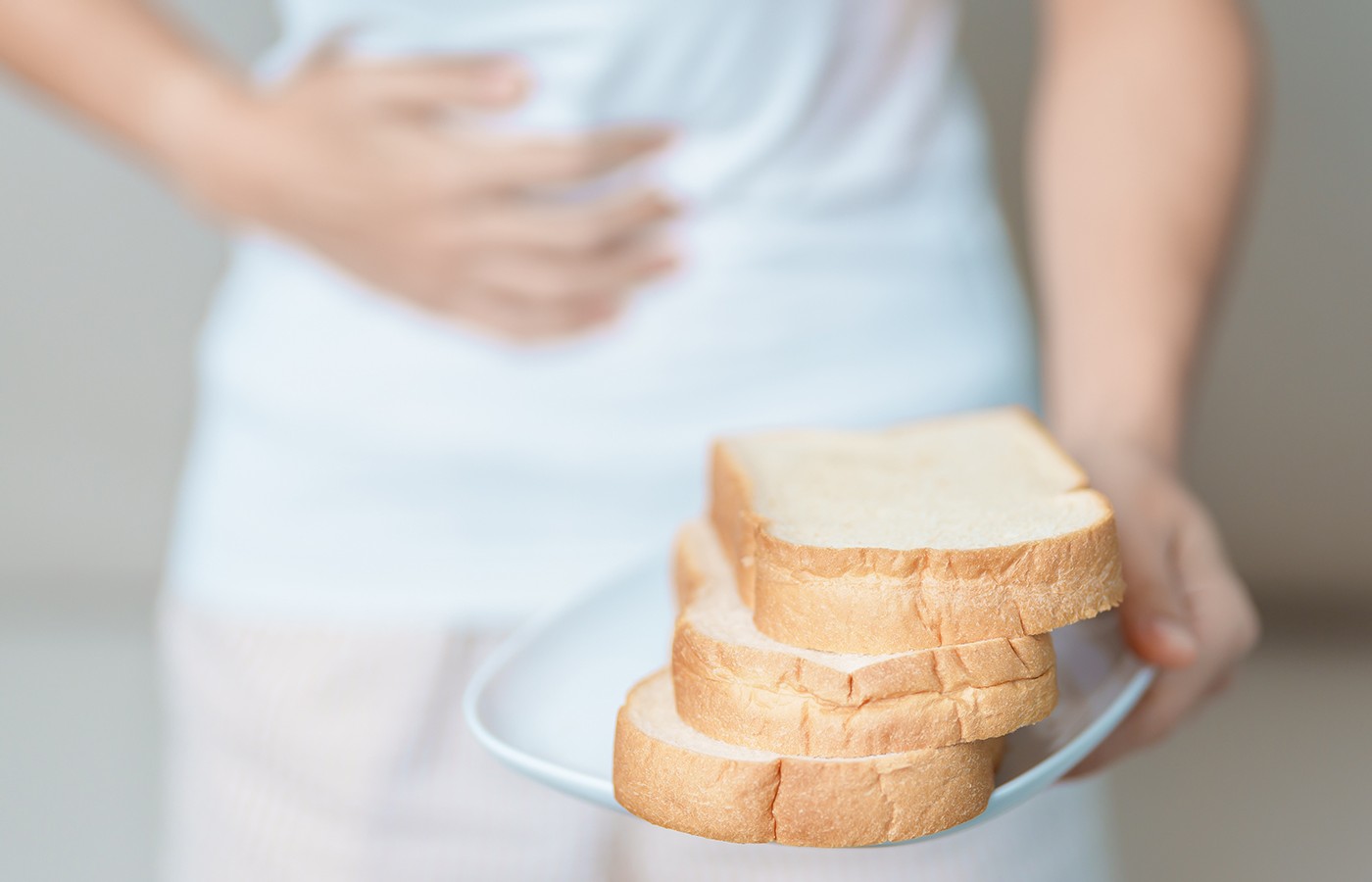The most important relationship I seek to nurture in the treatment room is the one a patient has with their own body. We live in a culture that teaches us to override pain, defer to outside authority, and push through discomfort. Patients often arrive hoping I can “fix” them, but the truth is, we can’t do the work for them. We can offer guidance, insight and support, but healing requires their full participation.
TCM for GERD, Gluten Intolerance
- Chronic digestive issues such as GERD are always a nuanced mix of excess and deficiency, and such a nuanced symptomatology is not typically addressed via allopathic medicine.
- Another typical occurrence in cases of long-term GERD is concomitant sensitivity to gluten. The obvious option is to create a custom formula that omits the ingredients which contain gluten.
- I have used a combination of the patents Xiang Sha Yang Wei Tang and Wu Mei Wan with great success.
Chronic GERD has now become the most common digestive complaint I see in my clinic. Chronic digestive issues such as GERD are always a nuanced mix of excess and deficiency, and such a nuanced symptomatology is not typically addressed via allopathic medicine, either prescription or over-the-counter.
The patterns expressed under the umbrella of a GERD diagnosis typically include various combinations of liver qi stagnation (potentially with depressive heat), spleen qi deficiency, rebellious stomach qi, stomach fire, food stagnation, and stomach yin deficiency. In long-term cases of GERD, it is not uncommon for three to four patterns to overlap at the same time.
The majority of patients I encounter with chronic GERD, besides having two to three patterns, are also taking prescription medications such as protein-pump inhibitors. These medications are highly effective at removing symptoms, yet unfortunately, do not help improve any factor of digestion and tend to increase the occurrence of the pattern of food stagnation – especially if patients do not modify their diet.
Another typical occurrence in cases of long-term GERD is concomitant sensitivity to gluten, which is a main theme of this article. In cases of chronic GERD combined with PPI medications, clinicians will typically see a complex pattern of liver / spleen disharmony with stomach fire and food stagnation.
Bao He Wan and the Gluten Problem
In such a scenario, it is extremely common to see clinicians use the patent medicine Bao He Wan, which resolves food stagnation, harmonizes the stomach, descends the stomach qi, clears heat, dispels damp, and promotes digestion. All of this sounds like a perfect fit for part of a protocol for the aforementioned presentation; however, one of the ingredients, shen qu, contains gluten. Some companies will substitute chao mai ya, which can also potentially aggravate gluten sensitivities.
In such cases, the patent medicine Bao He Wan should unfortunately be avoided. So, how can clinicians adapt in such cases?
The Better Option: Customize Your Formula
The obvious option is to create a custom formula that omits the ingredients which contain gluten. Unfortunately, many patients with chronic GERD are not open to drinking teas and many clinicians do not have access to custom formulation. The majority of my patients with chronic GERD prefer taking tablets / pills over teas; therefore I have frequently used substitutions for Bao He Wan in cases of liver / spleen disharmony and stomach fire with food stagnation.
In cases in which liver qi stagnation (with potential depressive heat) stomach fire, spleen qi deficiency, and food stagnation, I have used a combination of the patents Xiang Sha Yang Wei Tang and Wu Mei Wan with great success.
Xiang Sha Yang Wei Tang dispels damp, dissolves phlegm, harmonizes the stomach, descends the stomach qi, tonifies spleen qi, courses the liver, promotes digestions and stops nausea. This is an excellent formula for targeting presentations of simultaneous excess and deficiency so common in chronic GERD cases.
Wu Mei Wan warms the intestines, clears heat, resolves toxins, and traditionally targets roundworms. This formula contains a nuanced combination of warming and cooling herbs, and has important clinical applications in cases of small-intestine inflammation, parasitic infections, and diarrhea symptoms. Many of these symptoms can occur after chronic use of PPI medications and poor diet.
The warming herbs in Wu Mei Wan help boost systemic digestion and the cooling herbs help clear stomach fire, which can contribute to rebellious stomach qi in chronic GERD.
Clinical Takeaway
When the two patent medicines are combined, the liver / spleen disharmony can be resolved, the stomach heat cleared, the food stagnation dissolved, and digestion improved. This combination is highly effective for chronic cases of GERD and can target many of the same mechanisms Bao He Wan treats, but without the concern of ingredients containing gluten.
TCM should always stimulate creative thinking, allowing clinicians to never feel boxed in or limited in how they can treat complex cases. There is always a creative solution for patients within the vast clinical lens of Chinese medicine.



